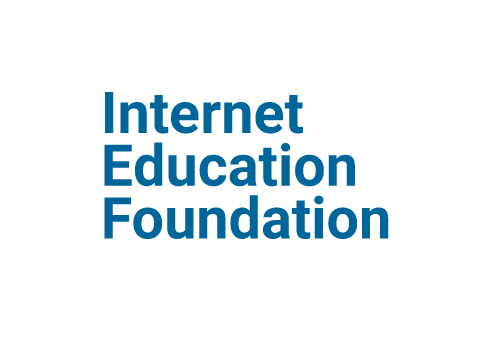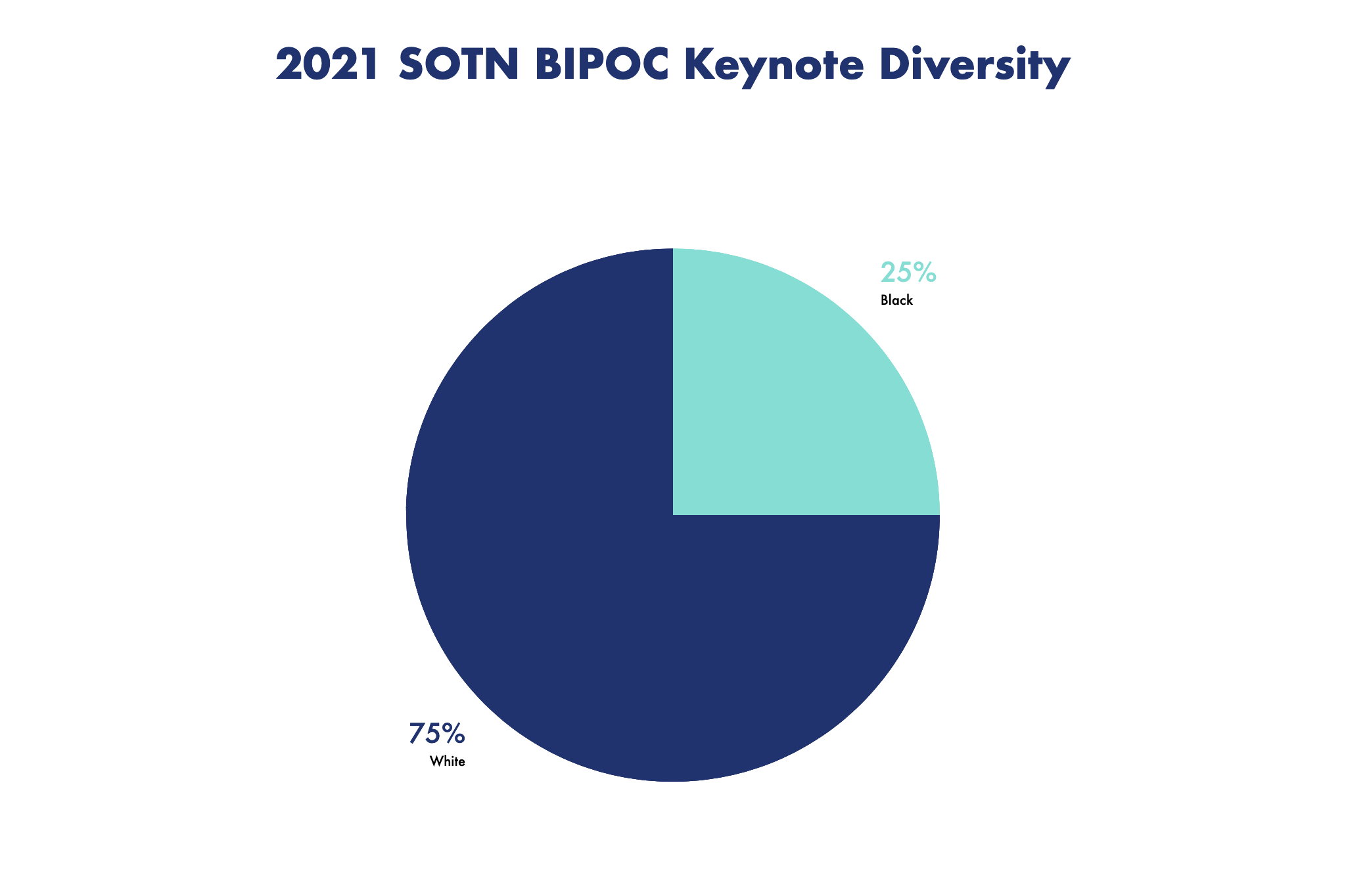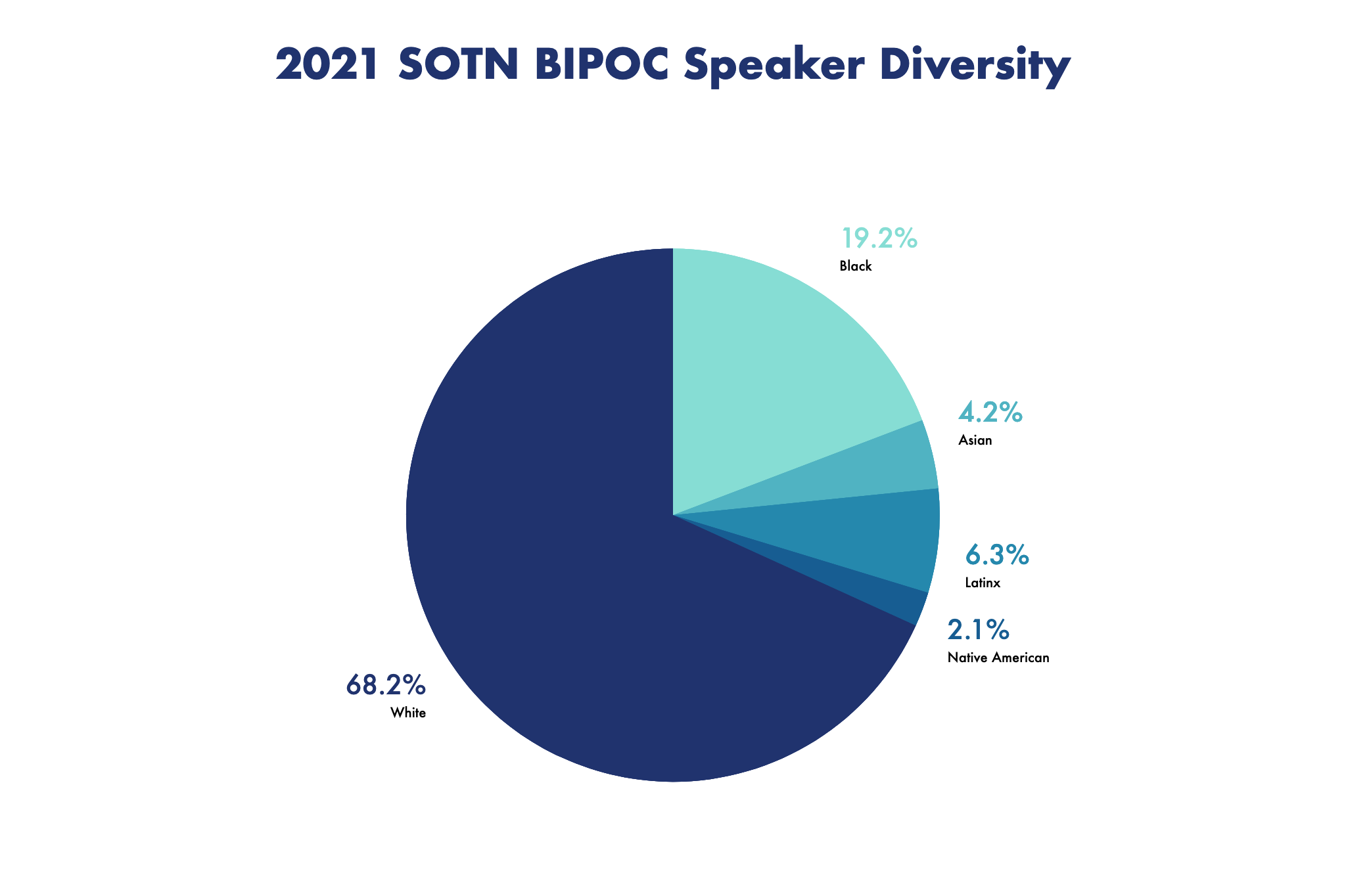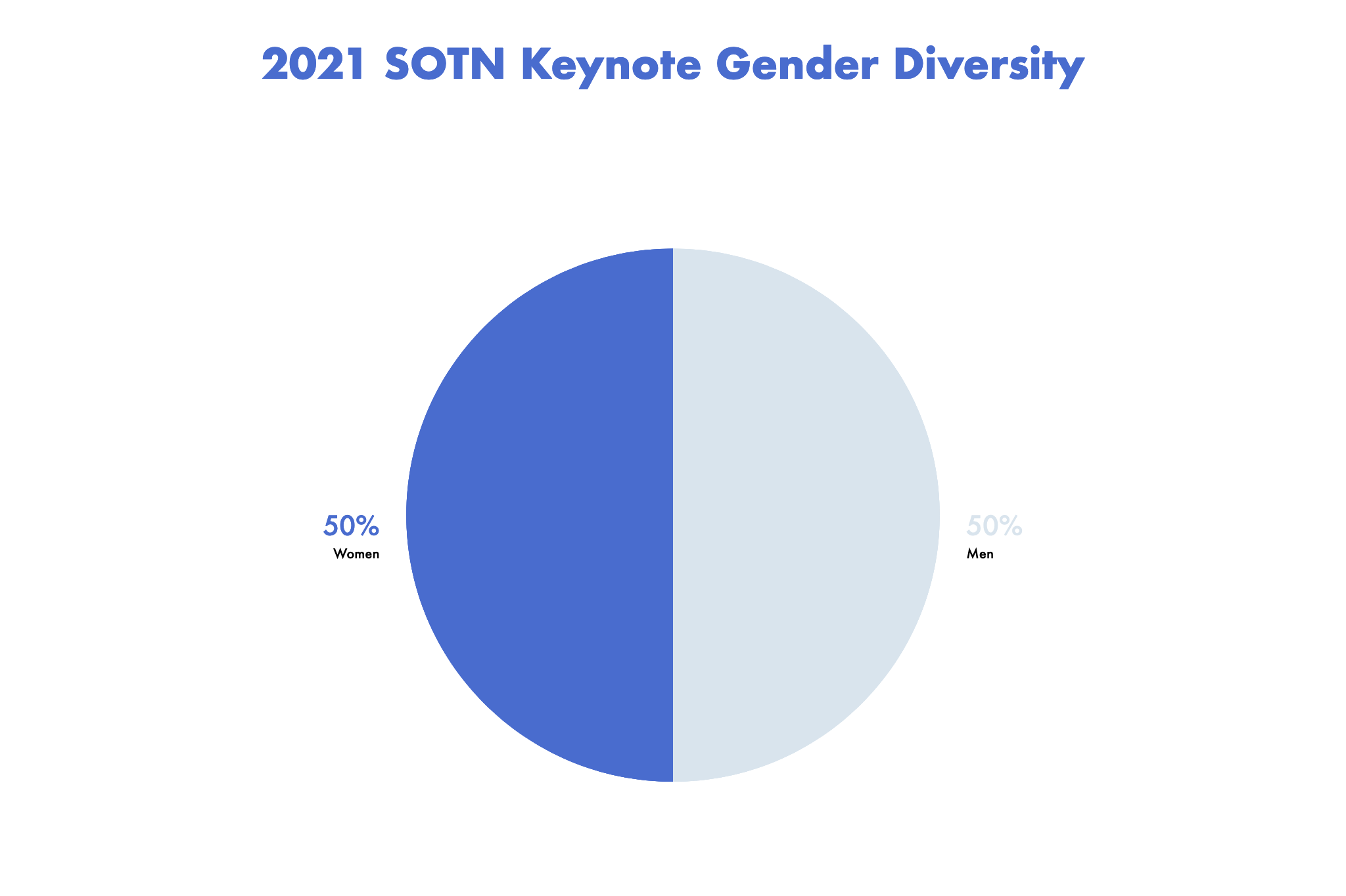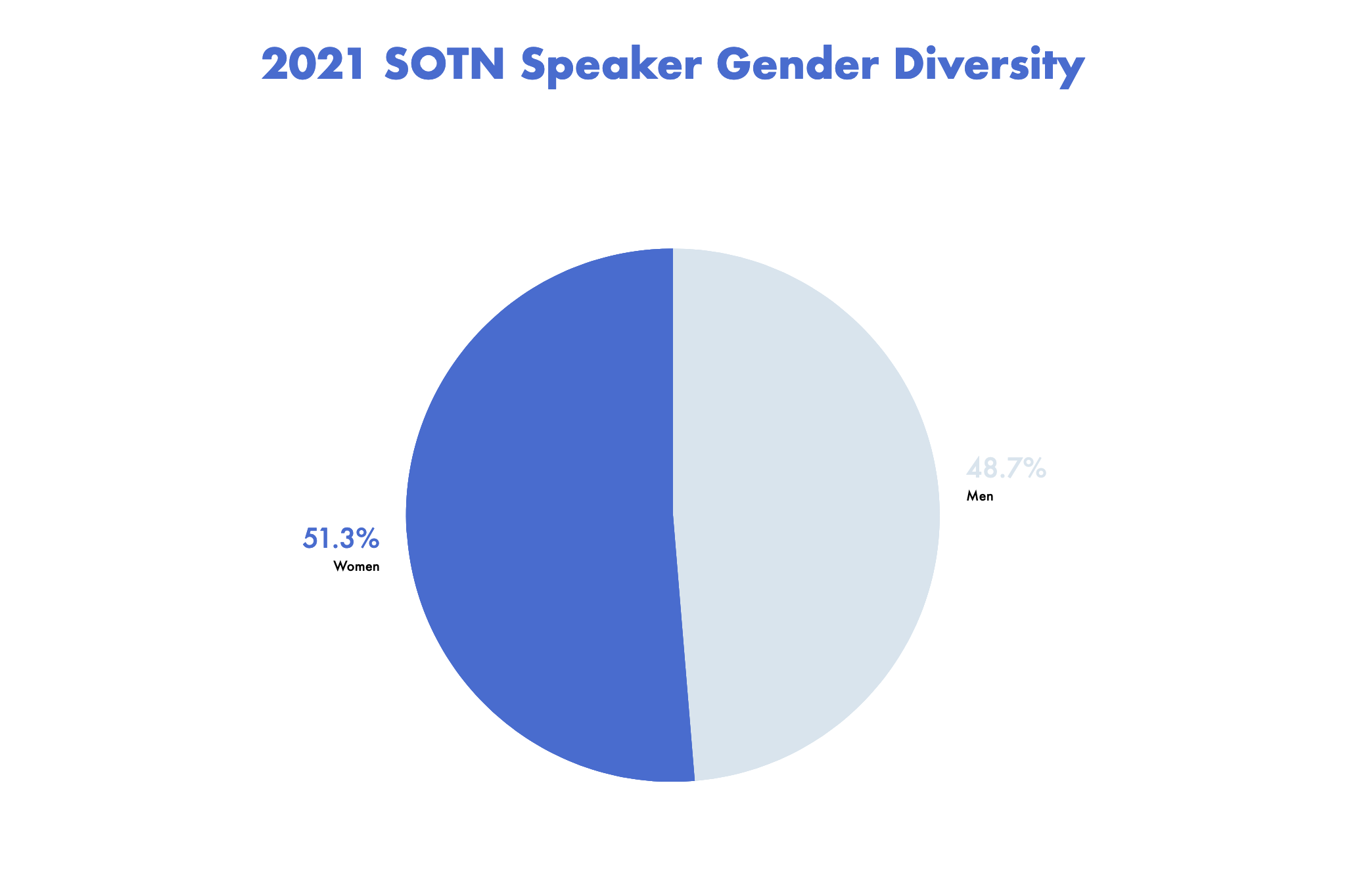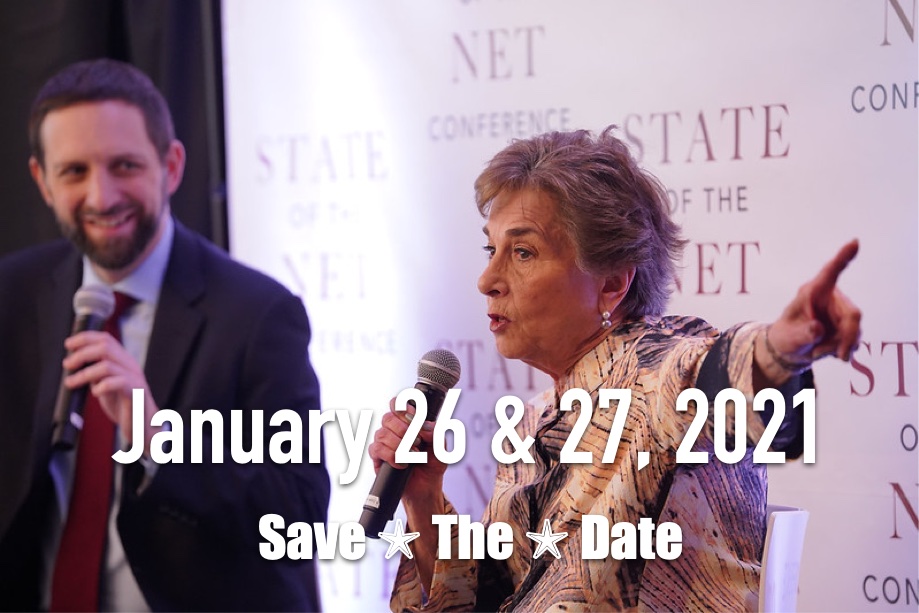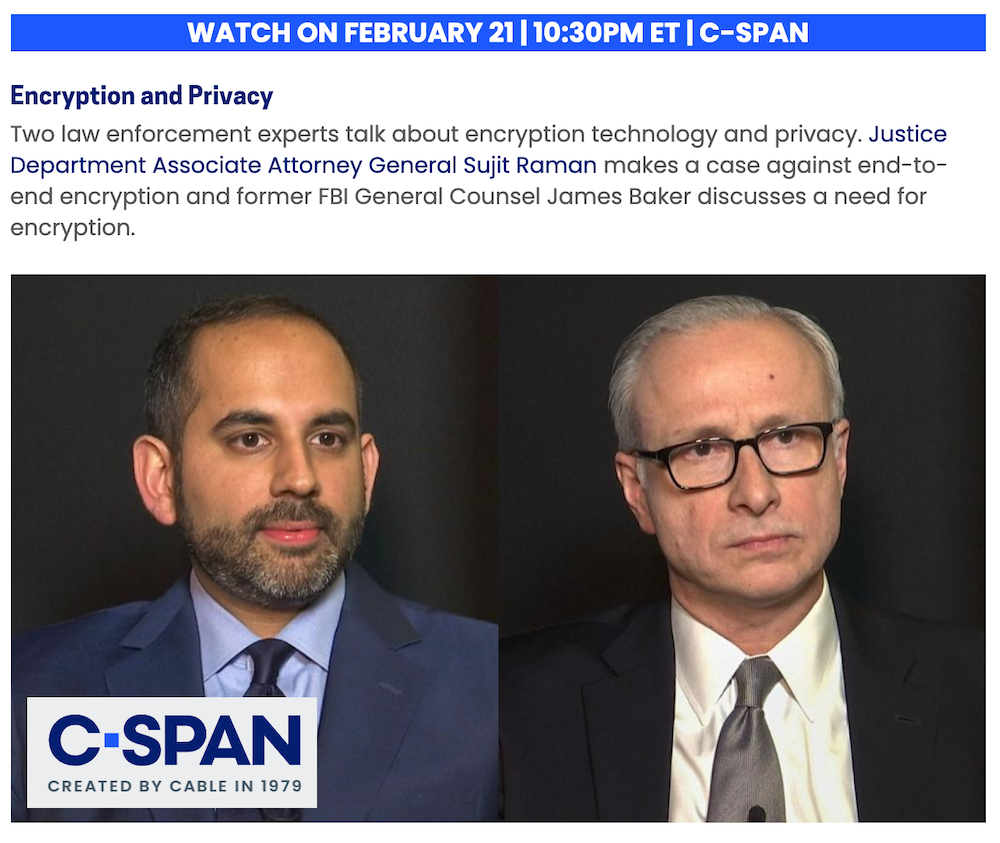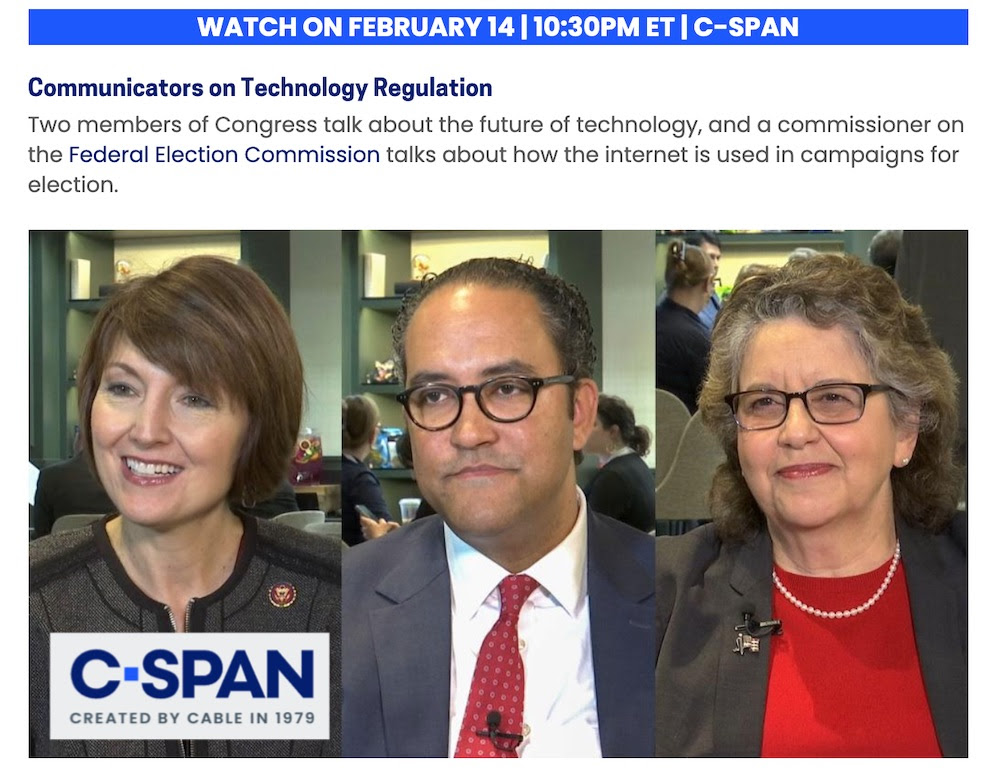Text Summary
On June 17th, the Congressional App Challenge and the State of the Net Series hosted a policy forum on the legislative prospects for computer science funding. The event featured distinguished figures who are at the forefront of expanding computer science education. Rep. Barbara Lee (CA-13) and Rep. Chrissy Houlahan (PA-06) made opening remarks followed by a panel discussion with Dr. Allison Scott, the CEO of the Kapor Center, Dr. Pam Buffington, the Co-Director of STEM Programs at the Education Development Center, and Jake Baskin, the Executive Director of the Computer Science Teachers Association.
A significant amount of students across the United States do not have access to computer science education, and this policy event spoke to different strategies of expanding the domestic pipeline of coding talent. While all the speakers agreed that skills in computer science are foundational for the future workforce across all careers, they differed on their approaches for how to invest in this future.
For Rep. Lee, Rep. Houlahan, and Dr. Scott, a key problem is the lack of equitable access and diversity in computer science education. African Americans, Latinos, Native Americans, low-income students, and girls are disproportionately disadvantaged when it comes to access to a computer science education. Rep. Lee mentioned that only 6% of the Advanced Placement Computer Science exam takers were African American and only 16% were Latino. To close such disparities, Dr. Scott believes that Congress should target their funding initiatives to these communities, closing racial and gender gaps in the tech industry. Rep. Lee made a similar statement, arguing that “Congress must invest in computer science education by expanding areas of artificial intelligence and machine learning, cybersecurity autonomous transportation and virtual and augmented reality, to build the workforce of the future. And yes, to address some of our greatest challenges, this will be key to strengthening our economy and the tech workforce.”
As a trained engineer herself, Rep. Houlahan offered a unique and critical perspective on the issue, understanding firsthand the lack of diversity in the field: “And we ensure that our talent pipeline is diverse by investing in equitable education opportunities for students of all racial, gender and economic backgrounds. Our STEM community will be at its strongest when we are at our most diverse. In Congress, I founded the very first ever Women in STEM Caucus. How crazy is it that before 2019 such an organization didn’t even exist?”
Dr. Buffington, additionally, focused on the need to expand computer science education to rural areas of the United States. She believes that ensuring universal and affordable broadband access to computer science education is essential to investing in a stronger workforce. Right now, computer science courses are less available in rural communities than urban ones, so Dr. Buffington suggests three solutions to this problem: increasing support for implementing computer science practices into curriculums, providing targeted professional development for rural educators. and supporting connections with rural businesses so students are providing real-world opportunities to apply their CS skills.
Lastly, Jake Baskin focused on the need to invest in teachers, so teachers have the skills and knowledge to teach computer science effectively to students. Today, most CS teachers do not have a degree in computer science, revealing a lack of prior experience that is needed to support students. Additionally, Baskin stated that more than half of CS teachers don’t feel equipped to use culturally relevant pedagogy in classrooms— a clear limitation to closing racial, ethnic, and socioeconomic gaps in computer science education.
Despite the different focuses that each of the speakers had with regard to expanding computer science education and investing in the future workforce, they all agreed that CS education for all students should begin at a young age. A broad-based foundation in computer science will be necessary for all future careers as technology advances. Additionally, they all agreed that we are at a historic moment in which there are large scale commitments across sectors to expand computer science education. This can be seen with the numerous computer science bills being proposed in Congress, President Biden’s American Jobs Plan, and the voices of everyday people who are participating in important computer science education discussions.




